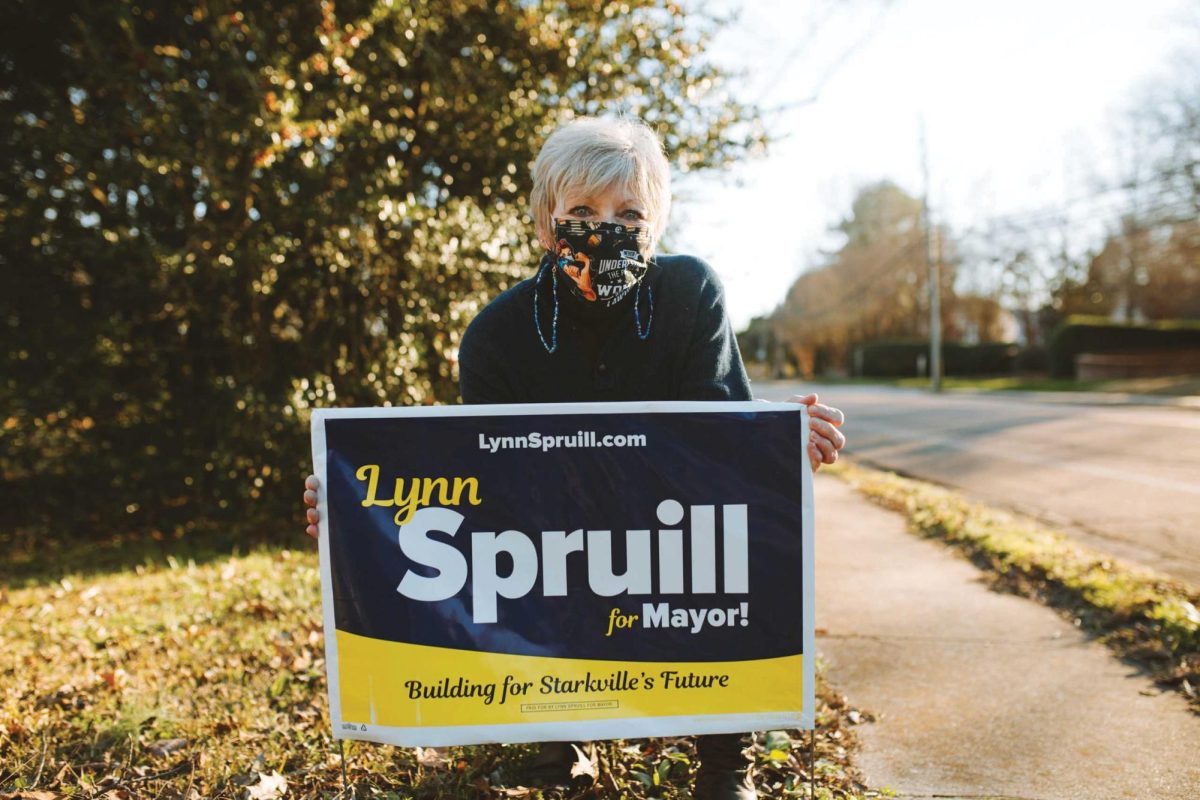Mississippi State University’s newest Quality Enhancement Plan (QEP), the Bulldog Experience, is set to encourage the implementation of more hands-on learning opportunities – things like field trips and laboratory work – and support student reflection on these experiences.
Kayla Pineda, who has a doctorate in higher education leadership from MSU, is the executive director for the new QEP. Pineda said the goal of her work is to connect students to their educational experiences through the development of reflection habits, which will be obtained through students’ written reflections on these experiences.
“We want to enhance what we’re already doing, and that’s something that’s really important. The experience already existed in a lot of cases. We’re not saying that this didn’t already happen. We’re just putting that intentionality behind it to make those connections and to add that reflective component, so that students are able to take what they’re doing, expand it, and create new knowledge at the end of their careers,” Pineda said.
The Bulldog Experience is still in the pilot phase, and only a few students have participated in the initiative. MSU is accredited by the Southern Association of Colleges and Schools Commission on Colleges (SACSCOC) to award degrees. The SACSOC accreditation team will be on campus Feb. 26-29 to provide feedback on the Bulldog Experience. After their feedback is implemented, the Bulldog Experience will be launched on a wider scale in the fall.

Kylie LaBelle, a senior majoring in wildlife, fisheries and aquaculture, took part in MSU professor Brian Davis’s waterfowl ecology and management field trip, an early example of experiential learning techniques within the Bulldog Experience initiative. This trip brought students to South Carolina to study different waterfowl species and their habitats in an interactive learning environment. Afterward, they wrote reflections on their experiences.
“I’m typically a pretty hands-on person. I want to touch it. I want to feel it. I can hear stuff, and I can see a picture of it, but until I really get out there and get dirty doing the work, it’s a lot harder to really grasp that information,” LaBelle said.
LaBelle said Davis’ course teaches students how to preserve waterfowl species. She said they visited federal, state and private lands that serve as spaces for waterfowl conservation to learn how they manage their land. LaBelle said that the optional trip offered many hands-on learning opportunities through a lab portion.
Pineda said that her passion for the Bulldog Experience came from her experience entering graduate school, as she previously felt unprepared to market her viable business skills and educational engagement. Now, she can better make connections between the educational experiences she had with what she now has to offer because of them. Pineda hopes to help other students make those connections as well.
“I really just want our students to be able to have a leg up when they’re going out into the world into grad school and career and say, ‘Hey, here I am. This is me. This is what I want to share with you about everything I’ve done,’ because it’s so much more than just sitting in class and taking the classes. It’s helping them become a more well-rounded person,” Pineda said.
Rebecca Robichaux-Davis, an MSU professor and faculty advisor for the new QEP initiative, teaches a pilot class for the Bulldog Experience that joins students in fraternity and sorority leadership positions to discuss leadership methods and prominent challenges facing Greek organizations on campus.
“We talked about the importance of reflection not only for Bulldog Experience but just for them as leaders, because successful leaders reflect on the way they interact with the people that follow them, the way they make decisions and all the things. So, it helps them become better leaders,” Robichaux-Davis said.
Robichaux-Davis said that she loves showing students how they can effectively use their degrees and their experiences. She said that students only benefit from their education if they can see how it can be utilized in the real world.
“The important thing for them to know is that it’s not just about the experience. It’s also about the reflection, and it’s through the reflection that the experience lives on,” Robichaux-Davis said.
Robichaux-Davis said the Bulldog Experience aligns with MSU’s core values.
“I think the initiative aligns very, very strongly with MSU’s new tagline, ‘Taking Care of What Matters.’ Through this experience, we’re taking care of the students because that’s who matters the most, and I think that my goal vision since day one has been that I want students to come here for the experiences that they’re going to get through Bulldog Experience,” Robichaux-Davis said.
LaBelle said her experiences in multiple subfields of her wildlife major have helped her to better understand her future.
“I’ve just been given so many opportunities and blessed to be here at Mississippi State, and to have gotten these opportunities that I wouldn’t have received had I not been here. I probably never would have made it as far as I’ve made it now, and I would not have grown as much as I have. I would not be nearly as prepared and well-rounded as I am today,” LaBelle said.
Pineda is hopeful that the Bulldog Experience will become a prominent aspect of Mississippi State culture.
“I’m hopeful that our students are going to be excited and fully embrace it and that it becomes the culture of Mississippi State. We’re very intentional about how we want this to be your Bulldog Experience. We’re all individuals and no two paths will be the same. I think that’s where we’re headed, and it’s just a really exciting time,” Pineda said.















